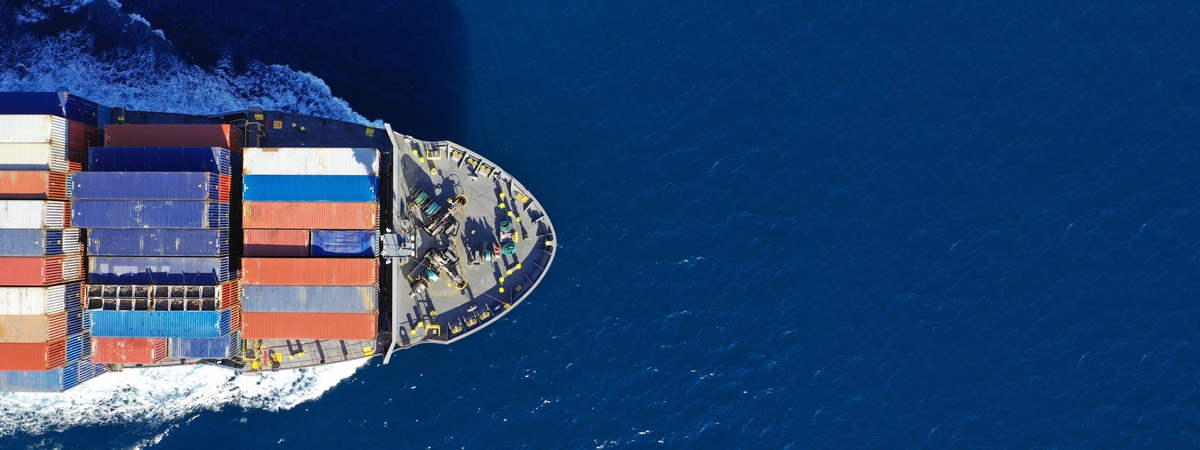
Bernhard Schulte Shipmanagement Takes Delivery of First Methanol Dual-Fuel Bulk Carrier
29 Jan 2026 - News
Published on 20 Jun 2023

A container ship departed Seagirt Marine Terminal in Baltimore, Maryland en route to Norfolk, Virginia with a Pilot onboard. At approximately 1950 hrs, the 3rd Officer took over the watch, he was accompanied by the Deck Cadet. The Master had left the bridge to have dinner. The bridge team comprised of Pilot, 3/O, Deck Cadet, and an AB who was at the helm.
At 2017 hrs. the ship passed a charted waypoint where a course alteration was required from 161 degrees to 180 degrees. The pilot was seen drafting an e-mail at that time. The OOW did not remind the pilot about the missed alteration due to the fear of interrupting him. No order was given to alter the course and the helmsman maintained the previously ordered course of 161 degrees. At 2018, the ship grounded outside the Craighill channel, east of Lighted buoy 16.
- Overreliance on a singular piece of equipment while navigating. The pilot was using his own handheld device for navigation without cross checking with ship’s navigation equipment
- Master or C/O not on bridge during pilotage
- Lack of assertiveness on part of the OOW to challenge the pilot due to the cultural difference and seniority in designation
29 Jan 2026 - News
05 Dec 2025 - News
BSM, in partnership with Schulte Group member OceanOpt, has won the Greenhouse Gas Project of the Year at the IMCA Annual Awards 2025. The ceremony was held during the Global Summit in Kuala Lumpur on 26 November.
05 Dec 2025 - News | Articles | Articles
19 Nov 2025 - News | Articles | Articles
17 Nov 2025 - News | Articles | Articles
27 Oct 2025 - News | Articles | Articles
As the maritime industry accelerates its transition toward sustainable energy solutions, Bernhard Schulte Shipmanagement (BSM) is proud to announce a significant milestone in crew training and safety innovation: the successful launch of bespoke Methanol as Fuel Courses, including the specialised Methanol Firefighting Course, across its global Maritime Training Centres (MTCs).
30 Sep 2025 - News | Articles | Articles
01 Sep 2025 - News
We are thrilled to announce the renewal of our partnership with Treedom, a global NGO dedicated to reforestation and community empowerment. Together, until the end of 2024, we have planted 5,100 trees across 5 countries, absorbing 2,443 tonnes of CO₂, a major step toward a more sustainable planet!
03 Jul 2025 - News | Articles | Articles
02 Jul 2025 - News | Articles | Articles
17 Jun 2025 - News | Articles | Articles
The BSM Hellas Ship Management Centre (SMC) in Greece, proudly marks its 20th anniversary this year.
10 Jun 2025 - News | Articles | Articles
Bernhard Schulte Shipmanagement (BSM) proudly participated in the IMCA Dynamic Positioning Conference 2025, held on 3–4 June in Istanbul, Turkey. This premier global event brought together over 120 professionals from the offshore and maritime sectors, including experts in offshore wind, oil and gas, marine engineering, and vessel design.
27 May 2025 - News | Articles | Articles
05 May 2025 - News | Articles | Articles
16 Apr 2025 - News | Articles | Articles